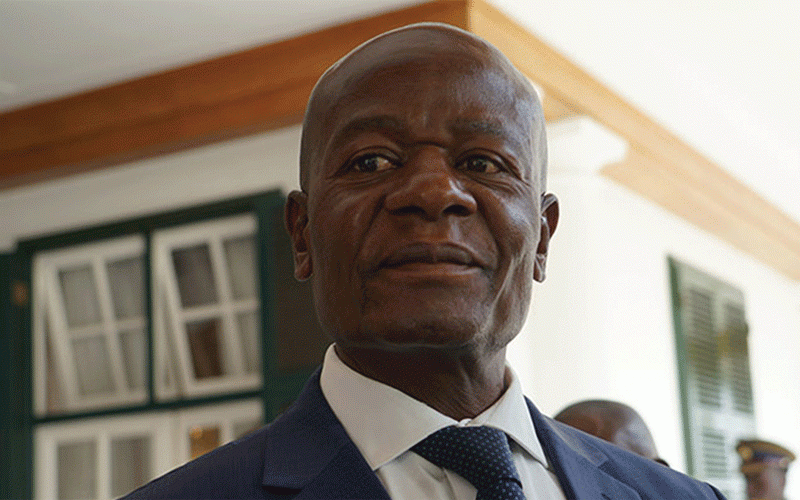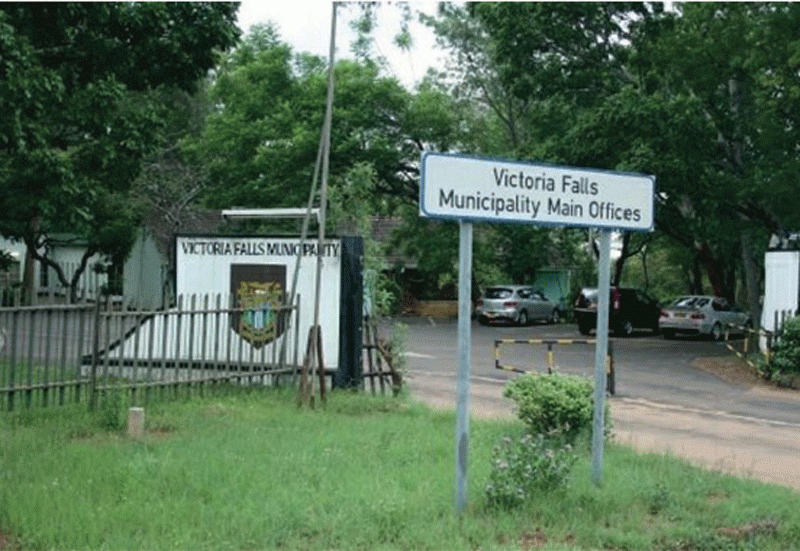
RESIDENTS associations have rejected the proposed imposition of prepaid water meters across the country, saying the move is an assault on the right to water for all enshrined in the Constitution.
Local Government and Public Works minister Daniel Garwe recently told State-controlled media that the programme will begin in two weeks in Harare and its satellite towns of Norton, Chitungwiza and Ruwa.
Garwe said the second phase would see prepaid meters being installed in other cities and towns.
The Harare Residents Trust (HRT) said the forced prepaid meter rollout project was short-sighted, ill-advised and reactionary to long-known challenges affecting water service delivery and billing in local authorities.
HRT said it learnt that authorities in government had put together an “unknown team to conduct a countrywide assessment of the project rollout”.
“Under this arrangement, water treatment, purification, distribution and billing will be privatised, initially in Harare, before being rolled out across the country,” HRT said in a statement.
“The logic behind the introduction of the prepaid water meters, which government and council officials are busy calling smart water meters, is that the City of Harare has been struggling to raise revenue due to non-payment of rates by residents.
“They argue that the absence of a functional enterprise resource planning system, commonly referred to as the billing system, is one of the reasons behind the necessity for the introduction of prepaid water meters.”
- Harare cancels Pomona waste deal
- Chitown workers unpaid for 5 months
- Pomona cash row escalates
- News in depth: Zimbabweans choke under weight of worsening service delivery failures
Keep Reading
HRT director Precious Shumba said they were opposed to prepaid meters.
“We don’t like this. They just want to take money from us,” Shumba told NewsDay.
United Mutare Residents Ratepayers Trust programmes director Edson Dube echoed similar sentiments.
The Combined Harare Residents Association (CHRA) said water was a basic human right and the move would deprive the poor access to the precious liquid.
“While the promise of improved revenue collection is often used to justify these meters, the broader implications for residents, particularly low-income and marginalised communities, are deeply troubling,” CHRA said in a statement.
“Prepaid water meters effectively commercialise a basic human right, turning water into a privilege for those who can afford it rather than a guaranteed public service.
“Evidence from other countries has shown that these meters often lead to water disconnections for families who cannot consistently top up their credits, compromising hygiene, health and dignity.”
CHRA said there were no meaningful consultations with residents before the rollout plans were made.
“This move runs counter to the spirit of Chapter 14 of the Constitution of Zimbabwe, which promotes devolution and community participation in local governance, including decisions that affect essential services like water.”
CHRA urged stakeholders to prioritise pro-poor, sustainable and rights-based solutions to Harare’s water crisis.
Garwe was not available for comment yesterday.
In 2014, Bulawayo City Council was forced to abandon a prepaid water meter project rollout following protests from residents.
Residents and civic groups argued that prepaid water meters will lead to the privatisation of water, segregation against the poor and result in disease outbreaks in poor communities.
In 2021, residents of Umzingwane’s sprawling Habane township in Matabeleland South also rejected plans by the Zimbabwe National Water Authority to install prepaid water meters in the area.










